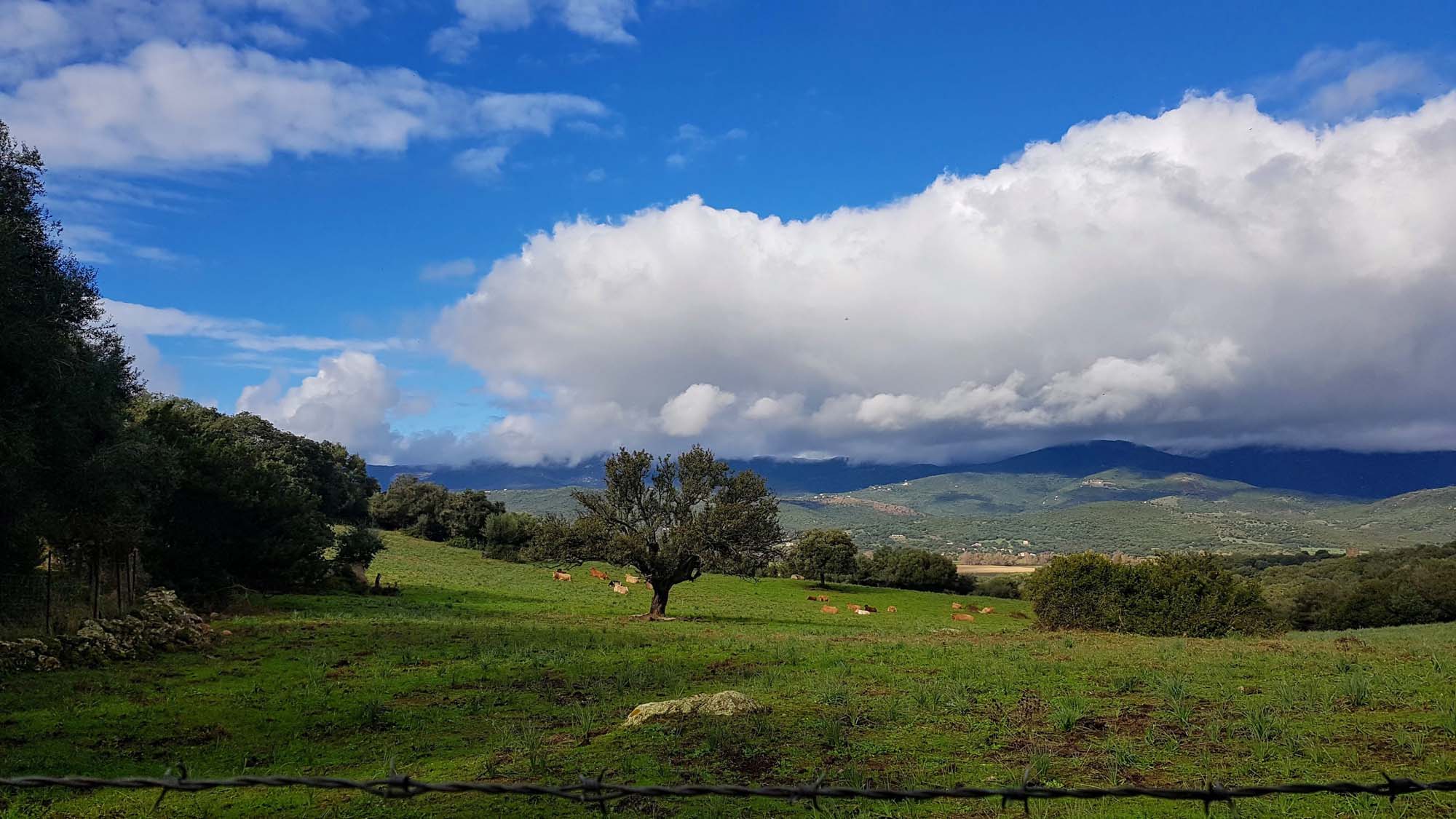

As the southernmost part of France, bathing in the warm waters of the Mediterranean, Corsica also has one of the highest sunshine records in France, with around 7.5 hours a day throughout the year, making it the ideal destination for active outdoor adventures.


